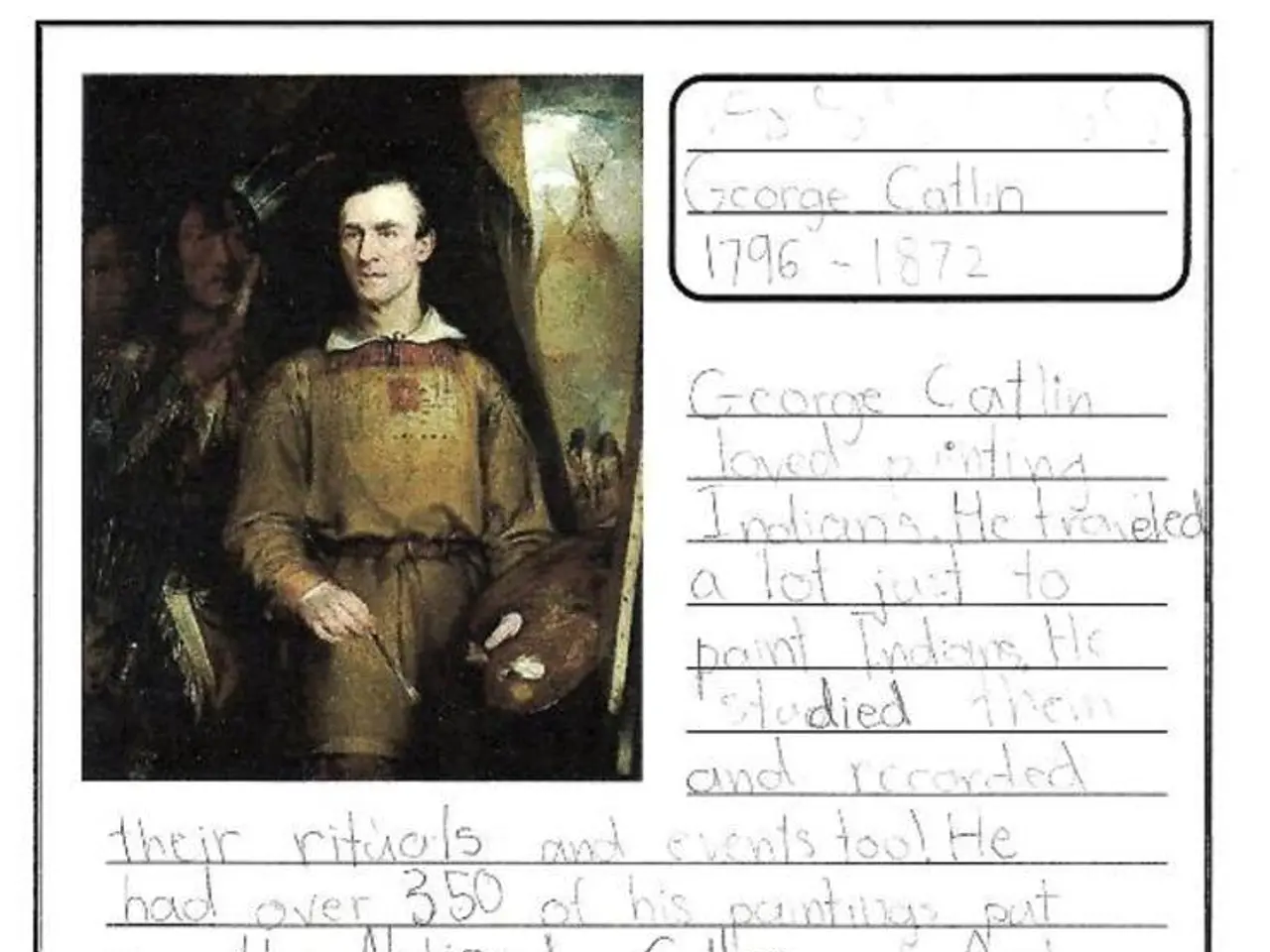Preservation of Ancient Wisdom: The Role of Islamic Scholars in Safeguarding Greek Knowledge
In the heart of the Middle Ages, a cultural and intellectual revolution was brewing in the Islamic Empire. This revolution, often overlooked in the annals of history, played a pivotal role in preserving and enhancing the works of the ancient world, bridging the gap between antiquity and the modern era.
The catalyst for this intellectual renaissance was the initiative of the Abbasid rulers, who launched a government-backed project to collect, translate, and upgrade the world's best ideas. Caliph Al-Ma'mun, in the 9th century, ordered the gathering of all brilliant books on earth in Baghdad, transforming the city into a hotbed of genius.
The House of Wisdom, an epic library in Baghdad, became a hub for scholars from various religions. Here, ideas were traded, debated, and refined, covering philosophy, math, science, and more. Arabic, in this period, became the language of science and philosophy in the medieval world.
One of the most significant figures in this preservation movement was Al-Kindi, known as the Father of Arab Philosophy. He translated Greek philosophy into Arabic and added his own ideas, laying the groundwork for future scholars.
Ibn Rushd (Averroes), another prominent figure, wrote commentaries on Aristotle's works that greatly influenced European scholars when they were rediscovered. Islamic scholars didn't just copy Greek texts; they upgraded them with corrections, commentary, and new discoveries. They even invented a new scientific vocabulary in Arabic to handle Greek ideas.
The fall of Rome led to a crisis of knowledge in Medieval Europe as people forgot how to read Greek and the understanding of the universe was largely in Greek texts. Europe was close to pressing delete on a thousand years of human genius due to this loss of knowledge. However, during the Crusades and when Christian kingdoms took back Spanish cities, European scholars started stumbling onto the works of Aristotle and others in Arabic.
The rediscovery of these works in Arabic led to their translation into Latin, sparking the Renaissance in Europe. The works of Aristotle, Euclid, and Hippocrates, among others, were no longer lost secrets of the ancients but were now even sharper, thanks to the enhancements made by Islamic scholars.
Islamic scholars kept the fire of questioning alive, asking huge questions about reality and truth, which laid the foundation for the Scientific Revolution, Newton's 'giants,' and the Enlightenment's 'question everything' vibe. Knowledge is a shared human treasure, and the teamwork of Muslims, Christians, and Jews in chasing truth is why we still have Aristotle, Euclid, and Hippocrates today.
In conclusion, the preservation and enhancement of ancient knowledge by Islamic scholars during the Middle Ages is one of the greatest intellectual wins in history. It built a bridge from the ancient world straight to us, ensuring that the wisdom of the ancients did not fade into oblivion but was passed down to future generations, enriching our understanding of the world and setting the stage for the scientific and intellectual advancements that followed.







